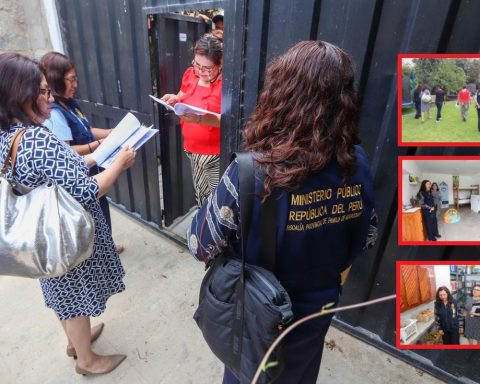There will be flexibility for students.
News International.
The Spanish Government has implemented a series of modifications to the immigration law that will facilitate the regularization of undocumented people, directly impacting thousands of Colombians residing in Spain.
The measure seeks to address the needs of the labor market and guarantee greater social inclusion.
One of the most significant changes is the reduction of the residence time to qualify for rootedion figures, which goes from three years to only two.
These figures include social, family, work, training roots and a new modality known as “second chance”.
Additionally, initial permits will have a duration of one year, while renewals will be extended for up to four years, simplifying procedures and reducing the risks of falling into irregularity again.
Facilities to reunite the family
The reform also introduces improvements in family reunification. The age limit to include children as beneficiaries increases from 21 to 26 years.
In addition, the reunification of couples not officially registered will be allowed, as long as they can demonstrate a stable relationship, and Family members of victims of gender, sexual violence or human trafficking will be included.
This change is especially relevant for naturalized Colombians seeking to bring their loved ones to Spain, expanding their options to maintain family unity.
Benefits for international students
Foreign students are also favored by this reform. They will now have a stay authorization that will cover the entire training period.
Furthermore, upon completing their studies, they will be able to quickly join the labor market thanks to a more agile process. This not only benefits young migrants, but also the Spanish economy.
A mutual benefit for migrants and Spain
These modifications not only transform the lives of those seeking to regularize their situation, but also respond to the needs of the Spanish labor market, which requires between 250,000 and 300,000 foreign workers per year to sustain the social welfare system.
Minister Elma Saiz stressed that this reform is a commitment to a more prosperous and inclusive country: “Spain had two options: to be an open and prosperous country or to be a closed and poor country. Today, Spain is a better country thanks to this decision.”
Further:


















